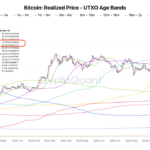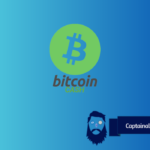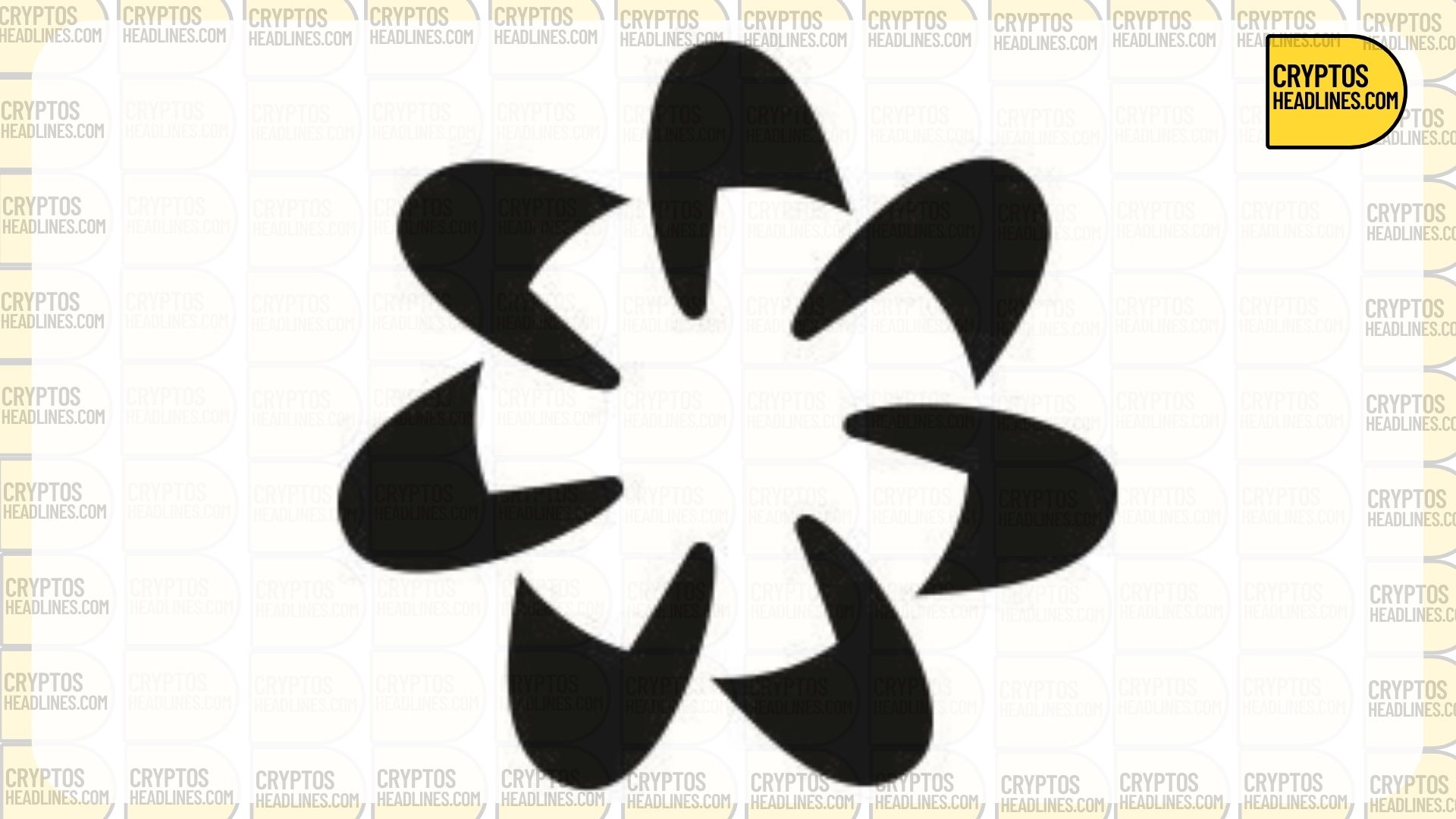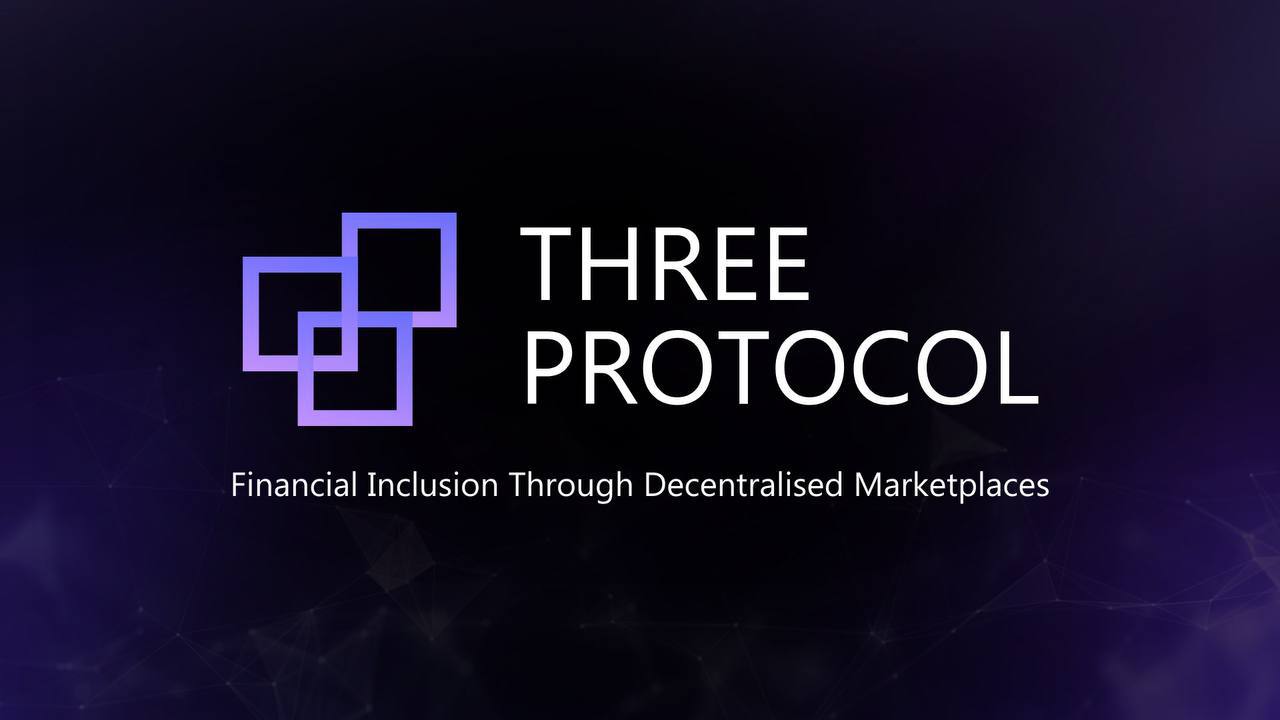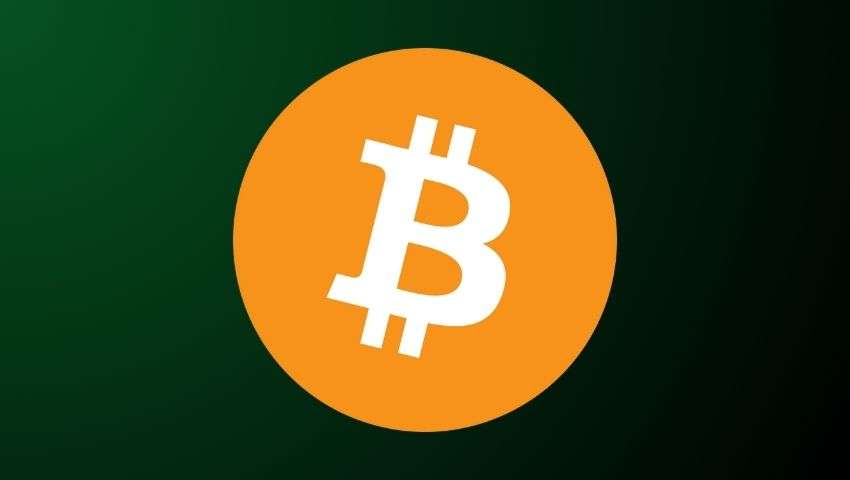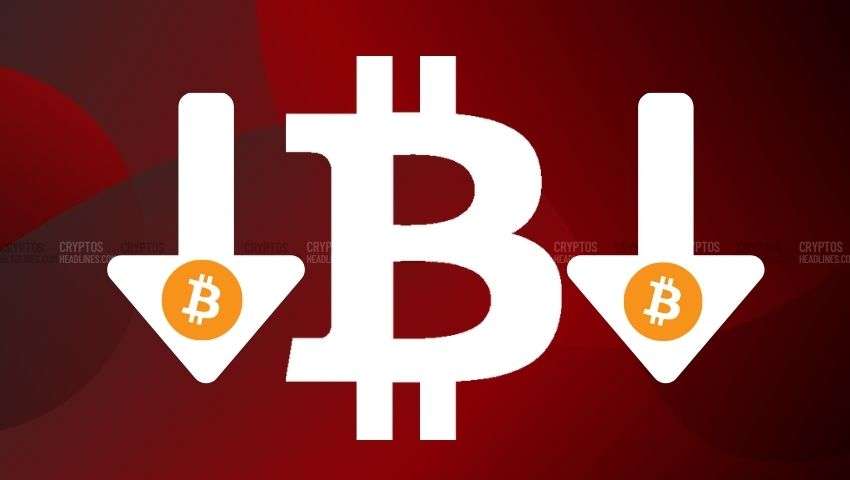- Worldcoin has introduced a user-friendly wallet called World App, which aims to assist individuals in confirming their humanity in the era of artificial intelligence (AI). This minimalist wallet simplifies the process of demonstrating one’s human identity amidst advanced technology.
With the rise of large language models (LLMs) like ChatGPT, artificial intelligence (AI) has the potential to make the internet even stranger. In the future, popular social media apps, news sites, and media platforms may become uncanny valleys, where the line between humans and machines becomes blurred. This could lead to a peculiar online experience that challenges our perception of reality.
Sam Altman, who co-founded OpenAI, the organization responsible for developing ChatGPT and other AI technologies, believes that as AI progresses, distinguishing between bots and humans will become increasingly challenging. To address this issue, Altman proposes that blockchain technology can offer a solution. By leveraging blockchains, which are decentralized and transparent ledgers, it may be possible to enhance the verification process and differentiate between automated bots and real human interactions more effectively.
Worldcoin, a crypto project led by Sam Altman, gained attention recently due to its contentious idea for a universal basic income (UBI). Altman envisioned a Silicon Valley-inspired concept where a cryptocurrency token could be distributed equally among every individual worldwide. This proposal aimed to provide a basic income to everyone, regardless of their location or economic status.
Worldcoin is making headlines once again as they prepare to unveil their most significant launch to date. Their latest offering, called World App, is a crypto wallet developed on the Ethereum sidechain Polygon. This product, created by the mysterious identity startup, will be available for download to anyone, regardless of their location. It’s an exciting development that has captured the attention of many.
The new app combines the features of a simple crypto wallet with those of a futuristic passport designed for the AI era. This represents Worldcoin’s most significant effort so far to reshape its image and appeal to everyday users.
Re-introducing Worldcoin:
Worldcoin faced challenges during its initial launch. The project’s method of using a metallic “orb” for retina scanning to authenticate new users drew criticism for its dystopian nature. Additionally, an investigative report by the MIT Technology Review shed light on allegations of exploitation and deceptive recruiting practices by Tools for Humanity, the company behind Worldcoin. As a result, Worldcoin had to address these concerns and confront the issues raised in the exposé.
After facing negative media attention and a turbulent year for the broader cryptocurrency industry, Worldcoin made a comeback in March with a revamped vision centered around the concept of “proof of personhood.” In an effort to redefine itself, Worldcoin introduced the World ID protocol, which enables application developers to utilize their network of biometrically-authenticated individuals. This development aligns with the AI boom catalyzed, in large part, by Sam Altman’s OpenAI.
Tiago Sada, the head of product at Tools for Humanity, mentioned that recent developments in AI over the past six months have significantly improved people’s understanding of the project.
World App
For individuals who do not possess a World ID or haven’t experienced Worldcoin’s retina-scanning orbs, World App will serve as a simplified crypto wallet. It will offer similar functionality to popular apps like Coinbase Wallet, Metamask, and others, enabling users to buy, sell, and securely store their cryptocurrencies.
According to Sada, World App intentionally offers even fewer features compared to other wallets. The goal is to provide a simpler and more streamlined user experience.
Tools for Humanity has aspirations of expanding globally and has created its wallet app to be more user-friendly compared to other wallet services. To cater to new crypto users, the app has a sleek and straightforward design, limited features, and supports a smaller number of crypto tokens. This helps prevent new users from feeling overwhelmed by the complexity of crypto wallets.
World App is constructed on the Polygon blockchain, which allows users to transfer assets to and from Ethereum while offering lower transaction fees. Currently, the app enables users to access “wrapped” versions of Bitcoin, Ethereum, and stablecoins such as the U.S. dollar-pegged DAI token. Worldcoin plans to introduce additional tokens in the near future.
Sada explained that World App addresses the need for maintaining essential aspects like privacy and self-custody in cryptocurrency while being extremely user-friendly. It aims to provide a level of friendliness comparable to custodial services, which store crypto on behalf of customers.
Anyone who downloads World App will have access to all the features mentioned above. However, for individuals with a verified World ID, World App will also function as a digital passport. This means that retina-scanned individuals with World IDs will be granted access to specific apps and services that are exclusive to World ID holders.
At present, there are only a few applications that make use of Worldcoin’s identity protocol. However, if you envision it, you can imagine the future as envisioned by Sada, where World ID becomes an integral part of blockchain technology and the wider internet landscape.
Sada suggests that World ID could have significant utility in the realm of financial services in the future. Specifically, it could address challenges like undercollateralized lending in decentralized finance (DeFi), where the lack of a reliable identity verification system has been a hindrance. By introducing World ID, it becomes possible to establish a sense of identity and potentially unlock new possibilities in the world of DeFi.
Sada is enthusiastic about the potential applications of World ID in areas such as voting and authenticating social media accounts. He believes that World ID could be valuable not only for voting on trivial matters on platforms like Twitter but also for more critical voting scenarios. The possibilities for incorporating World ID into various voting processes present exciting opportunities.
Through World App, World ID users will have the opportunity to claim their portion of Worldcoins. However, due to regulatory constraints, individuals in the United States cannot currently claim the token, and the specifics of the claim process in other regions remain unclear. Sada mentioned that there are limitations on discussing the Worldcoin token at this time.
While the practical benefits of possessing a World ID are still largely hypothetical as of May 2023, Tools for Humanity is offering an incentive to early adopters. World ID holders will have the advantage of conducting transactions on World App without incurring any fees.
A Beta version of World App has been accessible to World ID holders for several months, and according to Tools for Humanity, it has garnered significant user engagement. Since its initial release, 1.5 million people have joined the beta program, with over 500,000 individuals utilizing it on a monthly basis. On an average day, the app facilitates approximately 60,000 transactions and performs 25,000 World ID verifications, involving over 100,000 users from around the globe. Tools for Humanity claims that their new wallet app has already become one of the most popular means of accessing cryptocurrency today.

